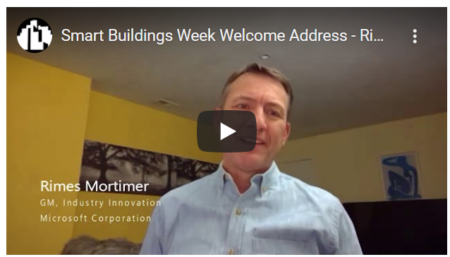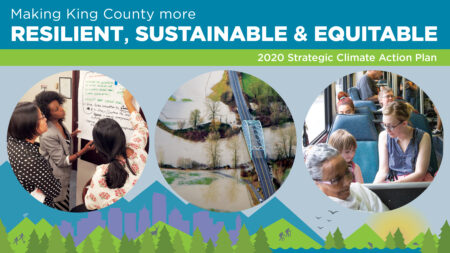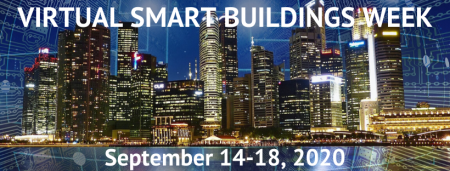
GridFWD 2020 will once again bring together a wide range of stakeholders to address the challenges and opportunities facing our energy community. The theme for this year’s virtual event, Power to the Community, reflects our industry’s commitment to not only reliable, affordable and clean electric power, but also the welfare of our customers, co-workers and communities during these unprecedented times. Scheduled from October 6 to October 15, the event comprises many virtual sessions of varying size and format to allow attendees to explore and share ideas, best practices and novel solutions to modernize the grid and ensure power to the community. Start at GridFWD.com. NEEC members can use the promocode, Partner2020 to save 25% off the ticket price.






